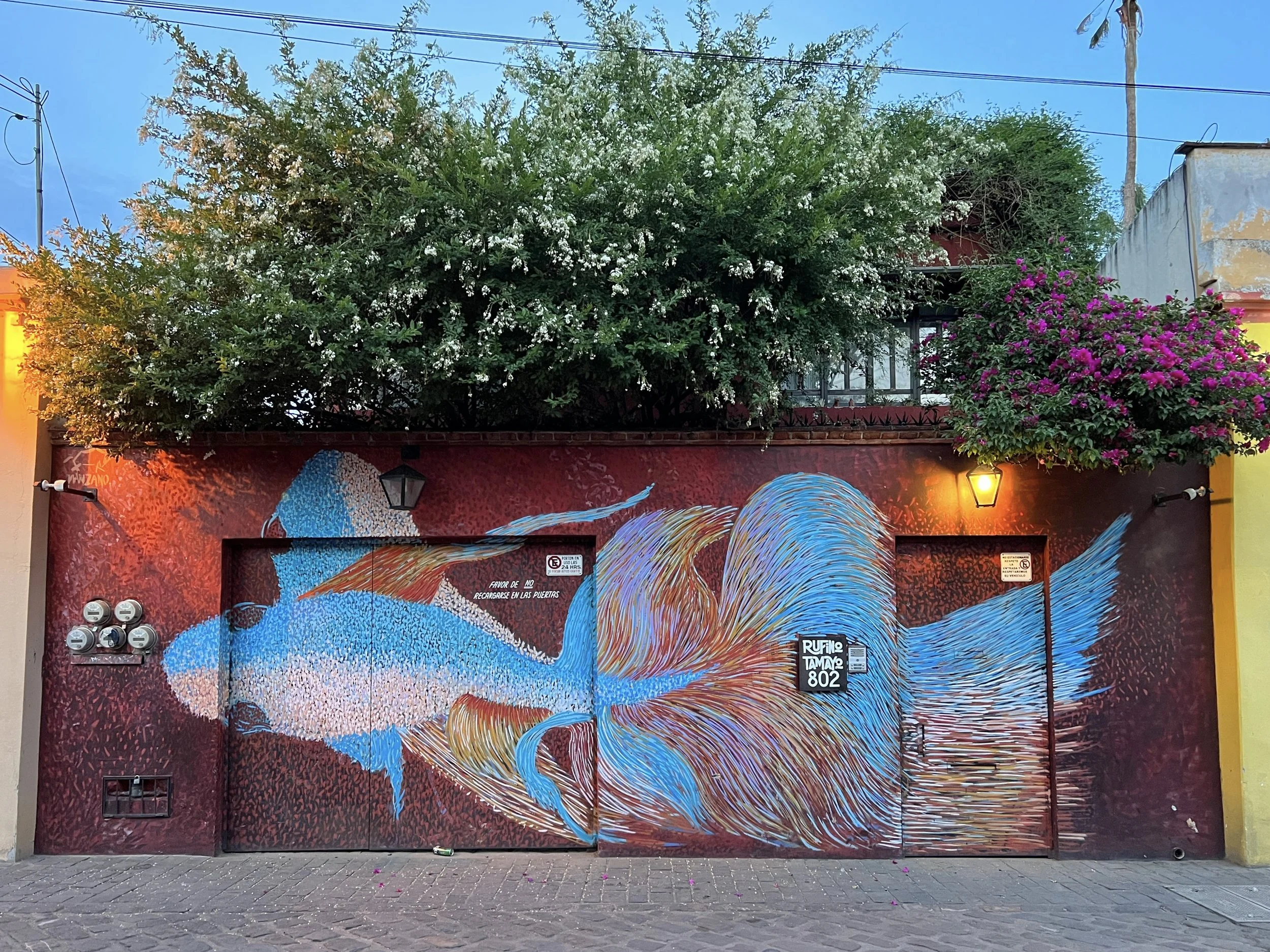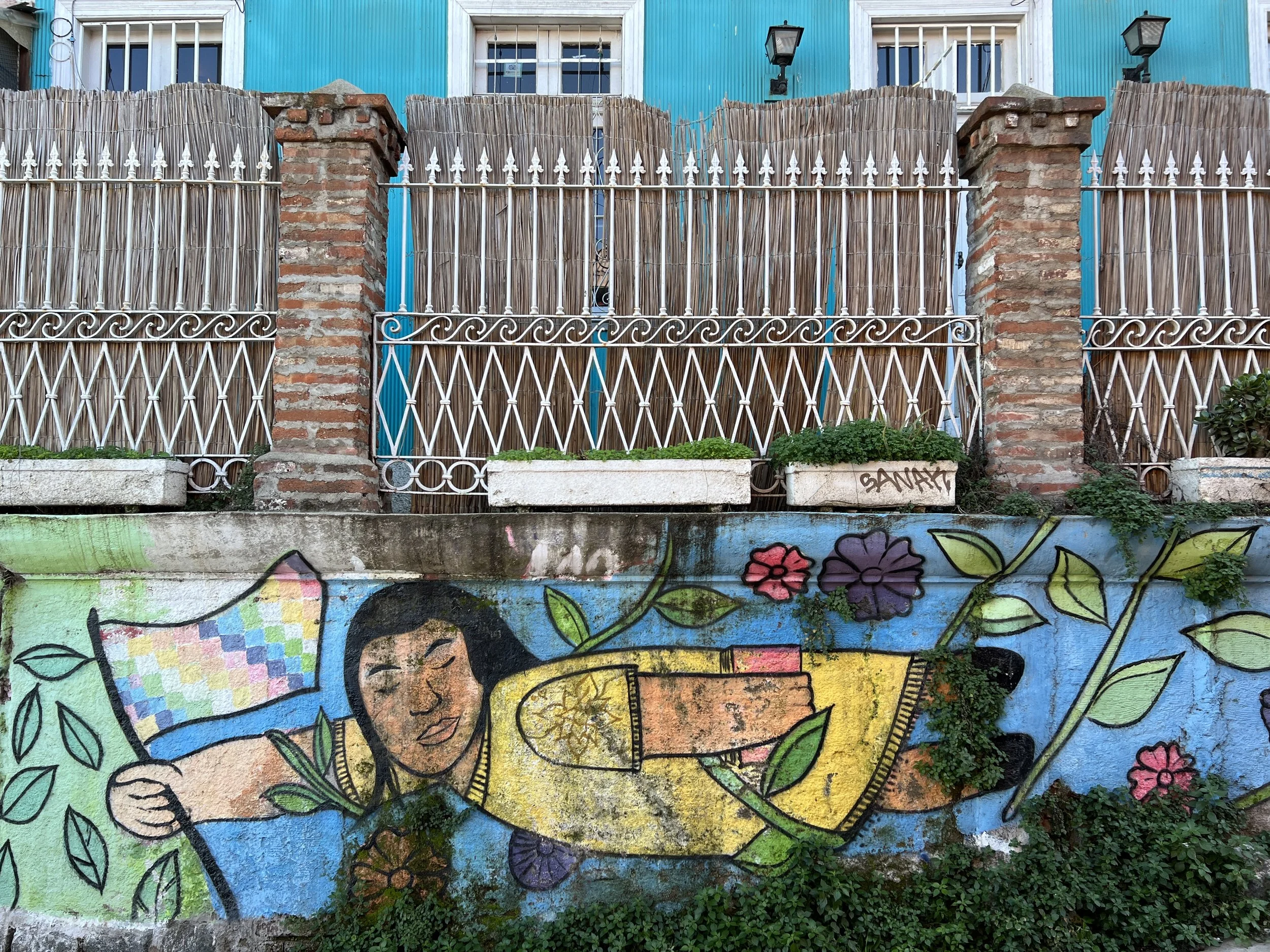Learning Unbound is about tapping into the
that exists when we get outside the walls that traditionally separate different domains of learning.
Mission
The mission of Learning Unbound is to support and elevate the work of informal and experiential educators, across the arts, sciences, and humanities, to create impactful and engaging learning experiences for learners of all ages and backgrounds.
Vision
Meaningful and impactful learning experiences are those that are learner-centered, authentic, rigorous, and FUN. Conventional ways of thinking about education put boxes around where and how those kinds of experiences can happen: For example, that museum learning should be fun, but not rigorous; or that the demands of classroom learning mean authenticity cannot be a priority. That there are methods for teaching science that won’t work for art. That learner-centered methods lead to management nightmares.
“Learning Unbound means shifting from an ‘either/or’ mindset to a ‘yes, and’ mindset... and opening up to all the possibilities available to us as educators, learners, and leaders when we make that shift.”
At Learning Unbound, we believe this kind of either/or thinking - putting learning experiences into boxes based on discipline or context - creates unnecessary limits around what is possible for educators and learners.
Learning Unbound envisions a world where all learning experiences are learner-centered AND authentic AND rigorous AND fun. Whether the experience is a one-hour art museum field trip, a week-long zoo summer camp, a semester-long history unit, or a professional development workshop for science educators, leaners are engaged, supported, inspired, and ready to apply their learning in the wider world.
Guiding Principles
-
Learning is core to human nature. Not only are all humans capable of learning, we do it without even trying! When we find the intersection where interests meet strengths, novelty meets experience, challenge meets purpose, opportunities meet abilities, and comfort zones meet a sense of adventure, we find unbound possibility for learners (AKA humans).
-
Learners bring all of their humanity to the learning experience: Passions, preferences, pet peeves, proficiencies, proclivities, pasts, presents, and probably plenty of other “P” words.
LU believes that the foundation for any engaging and impactful learning experience—no matter what it is, who it’s for, or where it’s happening—is acknowledging and responding to learners’ individual human-ness. -
Learning is unhelpfully bound by contextual and disciplinary siloes. Learning has been divided by age groups (PreK-12, higher ed, adult learners, etc.), contexts (in school, out of school, professional, etc.), and subjects (humanities, math, visual art, science, etc.) to keep things tidy. In reality, these domains form more of a 3-dimensional Venn diagram than distinct, self-contained categories. When we put bounds around how learning experiences can look and feel for x learners in y context working on z subject, we put bounds around what is possible for learners to achieve; bounds around how they see themselves and their world; and bounds around educators’ agency to breathe new life into their practice.
-
Connection is where the magic happens. When people and things come together to create something greater than the sum of their parts. Learning happens when new ideas are connected to existing ones, to create broader, deeper understandings about the world. Innovation happens when collaborators connect to create something beyond any of their individual visions. Connection can be a balm, as when we feel seen by others; or it can be electric as when an epiphany opens up a new world of possibility. LU strives to facilitate connection, in all its magical forms, among people and ideas.
-
Learning doesn’t only happen within the walls of a school or university. Learning happens when we talk, touch, experience, make, play, puzzle, and question. Learning Unbound is about creating the conditions for learning in any space, increasing opportunities for learners to feel engaged, excited, and confident in their learner identity.





